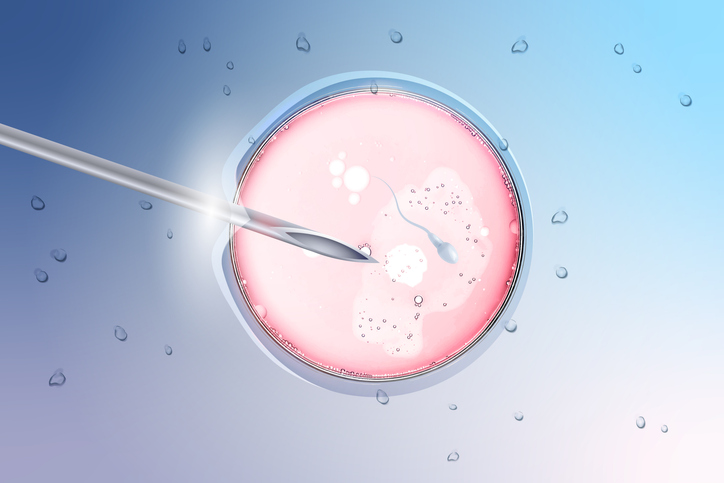
8 Fascinating Facts About IVF: A Deeper Look into Fertility Science
In vitro fertilization (IVF) has assisted millions of families around the world in starting their journeys toward parenthood, making it one of the most effective fertility treatments available today. While IVF is well-known, there are many intriguing facts about the process, the technology involved, and the outcomes that may surprise you. Let’s explore some fascinating aspects of IVF that highlight just how remarkable this science-driven process truly is.
1. The First IVF Baby Was Born Over 40 Years Ago
The first successful IVF birth took place on July 25, 1978, in the UK. Louise Brown, known as the world’s first “test-tube baby,” was born through IVF and helped change the world’s understanding of fertility possibilities. Now in her 40s, Louise has children of her own, conceived naturally, which shows IVF doesn’t impact the fertility of future generations.
2. Embryos Can Be Frozen for Decades
Modern cryopreservation techniques allow embryos to be frozen for years—even decades—without a decline in viability. In 2020, a record was set when a healthy baby was born from an embryo frozen for 27 years! Freezing embryos gives patients the flexibility to delay their family planning while preserving their embryos’ health and quality.
3. Success Rates Vary by Age
IVF success rates vary on a woman’s age due to the quality and quantity of her eggs. Generally, women under 35 have a higher chance of success with IVF, while success rates decrease with age.
4. Preimplantation Genetic Testing (PGT) Helps Screen for Genetic Conditions
IVF has advanced to include preimplantation genetic testing (PGT), which screens embryos for specific genetic conditions or chromosomal abnormalities before implantation. PGT allows families to lower the risk of passing on inherited conditions and increases the likelihood of a successful pregnancy.
5. More Than 8 Million Babies Have Been Born Through IVF
Since the birth of the first IVF baby, it’s estimated that more than 8 million babies worldwide have been born through assisted reproductive technology (ART). IVF continues to help people from all walks of life, including single parents, LGBTQ+ families, and couples with infertility struggles, achieve their dream of parenthood.
6. Embryo Grading Helps Choose the Best Candidates for Transfer
Not all embryos are created equal; during IVF, embryos are graded based on factors like cell number, shape, and development. This grading process helps embryologists determine which embryos have the highest potential for a successful implantation and pregnancy, improving the overall success rates of IVF cycles.
7. There’s No “One-Size-Fits-All” IVF Protocol
IVF treatment plans are customized to meet each patient’s specific fertility needs. At Main Line Fertility, every patient receives a personalized care plan that considers variables such as medication dosages, timing, and procedural steps. These factors are adjusted to optimize the success of each treatment cycle.
8. The Role of Male Fertility in IVF Success Is Important
Male fertility plays a crucial role in IVF outcomes. In cases where male infertility is a factor, procedures like intracytoplasmic sperm injection (ICSI)—where a single sperm is injected directly into the egg—can be used to increase the chances of fertilization.
Embarking on an Extraordinary Journey to Parenthood
IVF is a remarkable scientific breakthrough that has empowered millions of families to realize their dreams of parenthood. This intricate process, fueled by research, technology, and compassionate care, continues to evolve, bringing renewed hope to those facing infertility. If you’re considering IVF or have questions, contact our team.

